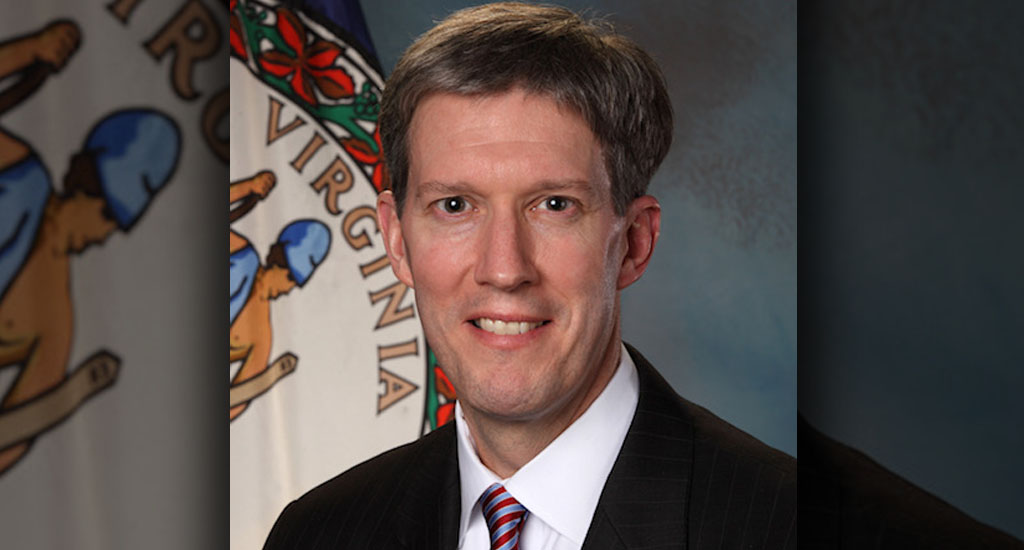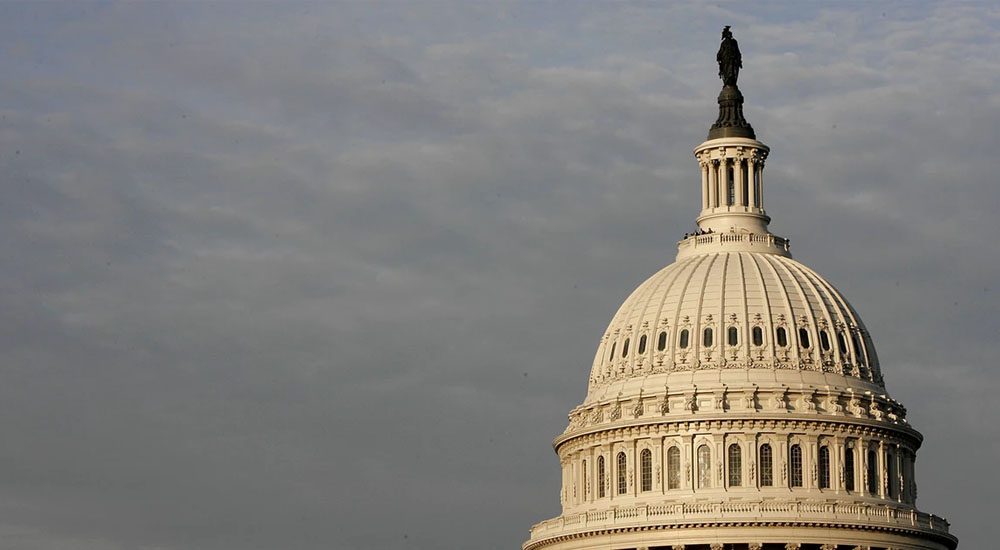From securing the Commonwealth’s coal ash ponds to directing energy companies to provide incentives to low-income Virginians, Republicans in the General Assembly passed a handful of bills during this year’s short legislative session that will directly impact energy usage and the environment.
Here are a few bills that passed through both chambers in Richmond:
Regarding the “Regional Greenhouse Gas Initiative,” the governor or any state agency will be prohibited from adopting any regulation establishing a carbon dioxide cap-and-trade program without General Assembly approval. Under H.B. 2611, which was patroned by Delegate Charles Poindexter (R-Patrick), only a two-thirds vote in both the House of Delegates and State Senate would allow Virginia to participate in a cap-and-trade program.
Also forwarded by Delegate Poindexter, H.B. 2269 prohibits the governor or any state agency from adopting any regulation establishing or participating in the nine-state “Transportation and Climate Initiative” or any other regional transportation sector emissions program without General Assembly approval.
GOP Caucus Chairman Tim Hugo’s (R-Clifton) H.B. 2547 establishes a framework for net metering by electric cooperatives.
H.B. 2786, patroned by Delegate Riley Ingram (R-Hopewell), will require coal ash ponds to be closed by moving coal ash to lined landfills on site or recycled. According to the bill, approximately 27 million tons of coal ash across the Commonwealth will be secured in a safe manner.
Energy conservation measures are established under Delegate Israel O’Quinn’s (R-Bristol) H.B. 2789. The legislation requires Dominion Energy and Appalachian Power to a seek approval for a three-year energy conservation program to provide incentives to low-income, elderly, and disabled individuals in an amount not less than $25 million for the installation of measures that reduce residential heating and cooling costs and enhance the health and safety of residents.
H.B. 2783, sponsored by Delegate Keith Hodges (R-Gloucester), authorizes local governments that have a funding program that provides low-interest loans or other incentives for the establishment of living shorelines to provide the incentives to businesses. The bill includes bed-and-breakfast operations, campgrounds, restaurants, and businesses that use working waterfronts to be included in the list of eligible businesses, and it requires such a business to be located within a locality that is in the Rural Coastal Virginia Community Enhancement Authority to be eligible for loan funding.
The State Water Control Board will be directed to issue loans and grants from the Virginia Water Facilities Revolving Fund for the construction, renovation, improvement, or equipping of facilities or structures to implement the best agricultural management practices to prevent pollution of state waters under Delegate Michael Webert’s (R-Fauquier) H.B. 2637.





